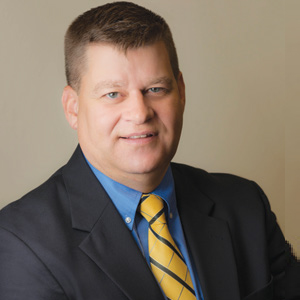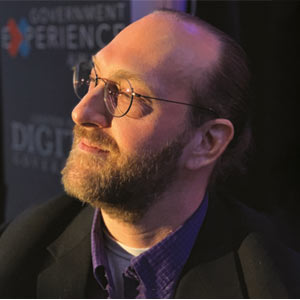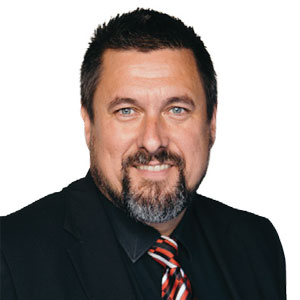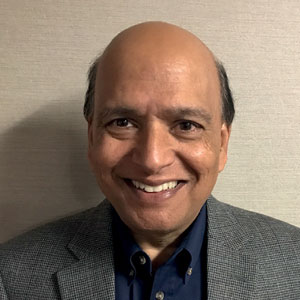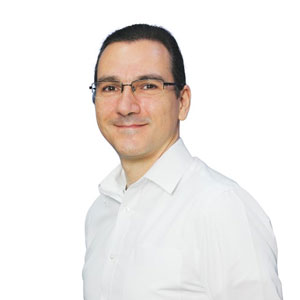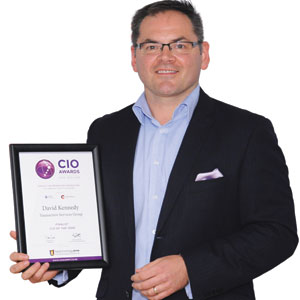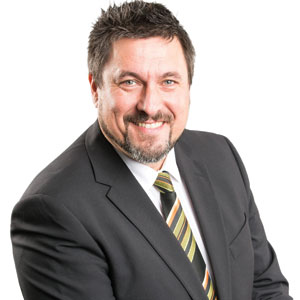THANK YOU FOR SUBSCRIBING
Editor's Pick (1 - 4 of 8)
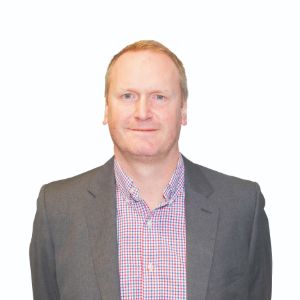
Ian Hatton, Chief Innovation and Economy Officer, City of Gold Coast
We believe that each IoT device can deliver small incremental enhancements
Weekly Brief
I agree We use cookies on this website to enhance your user experience. By clicking any link on this page you are giving your consent for us to set cookies. More info
Read Also



